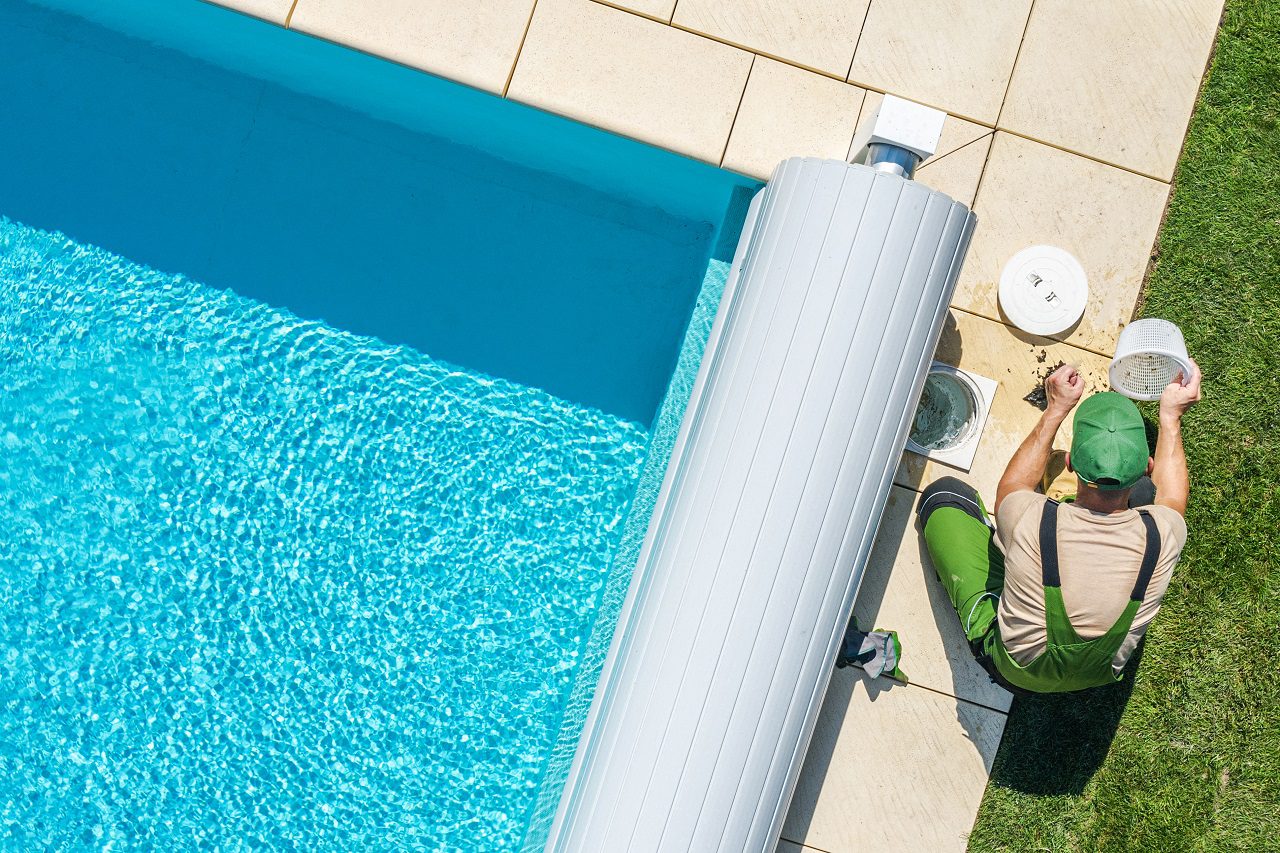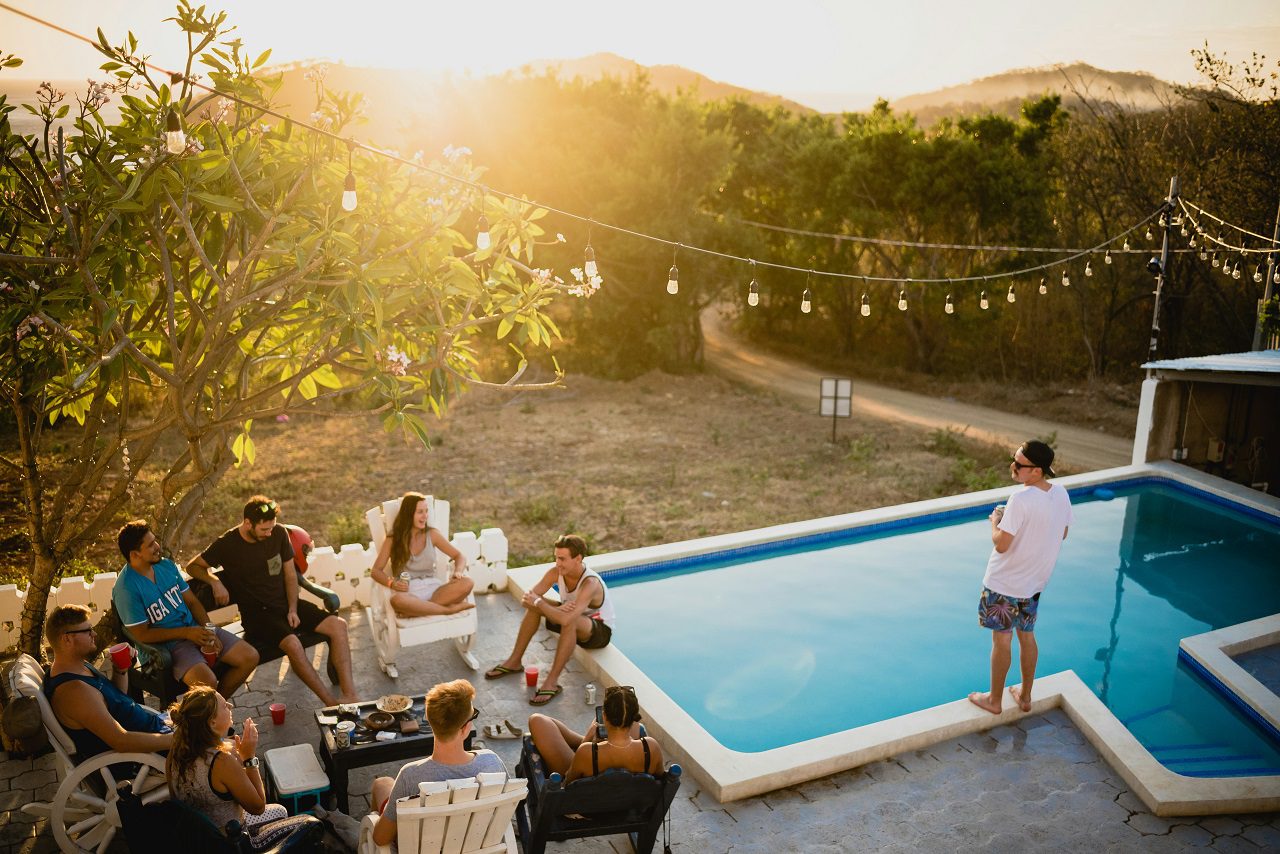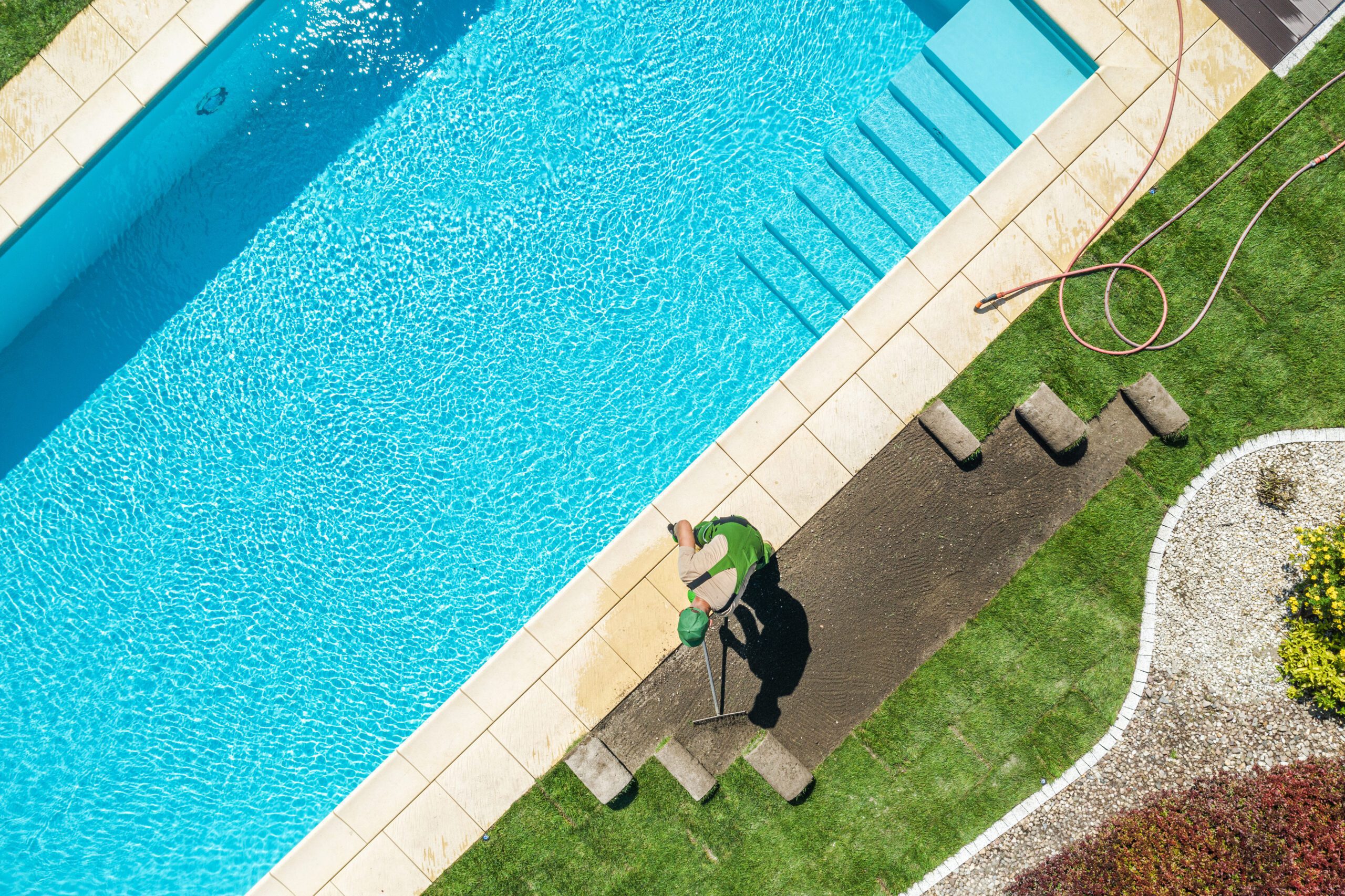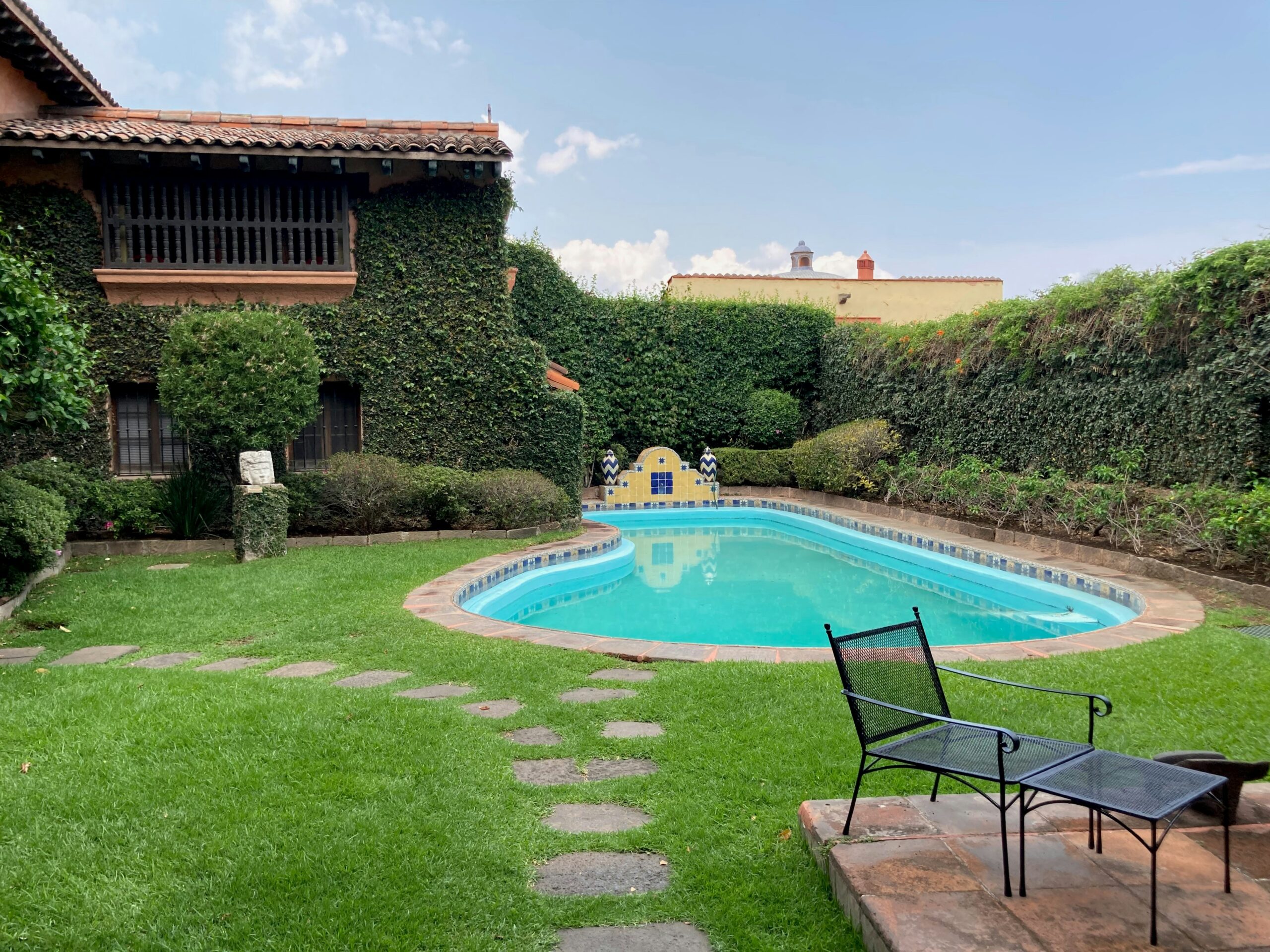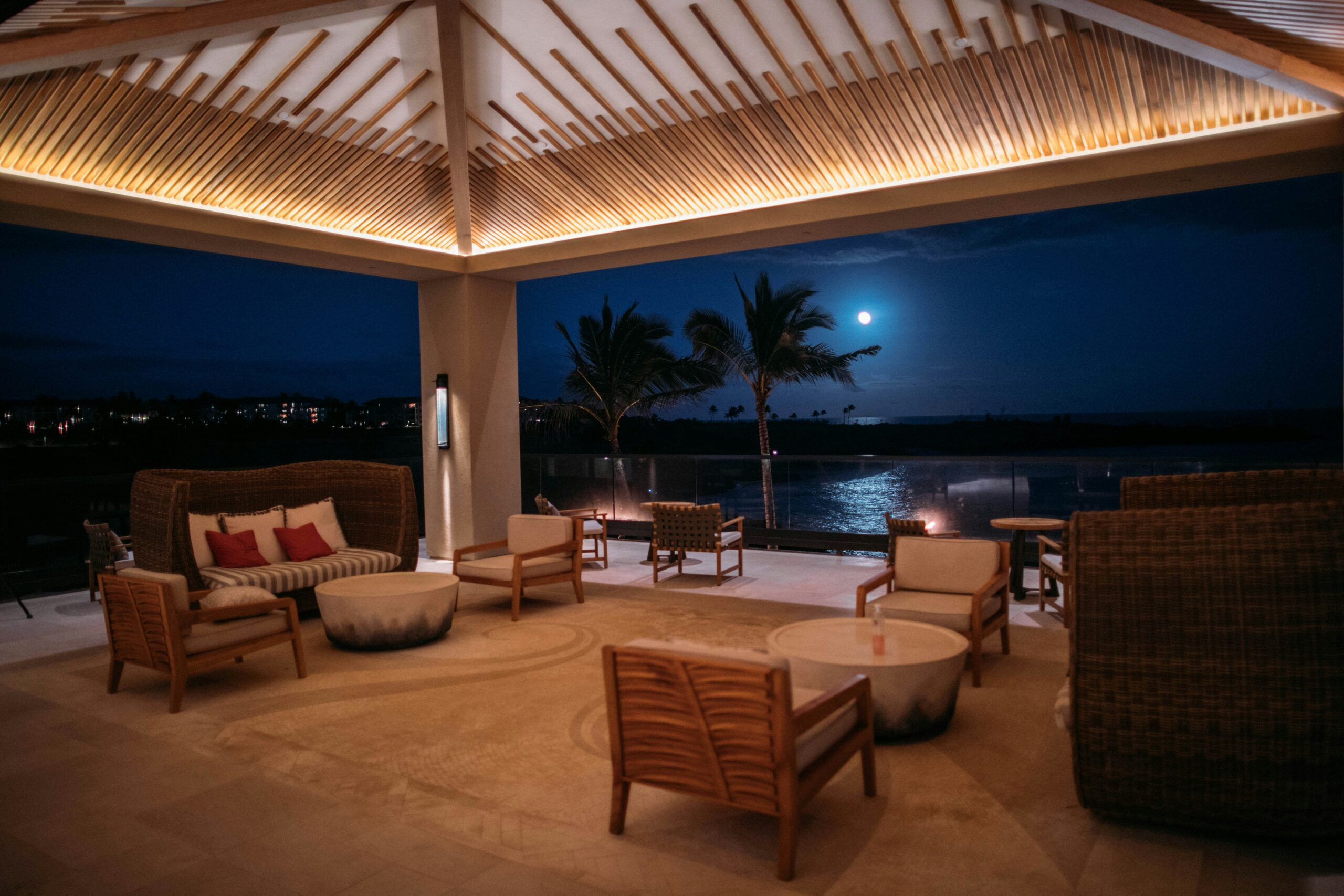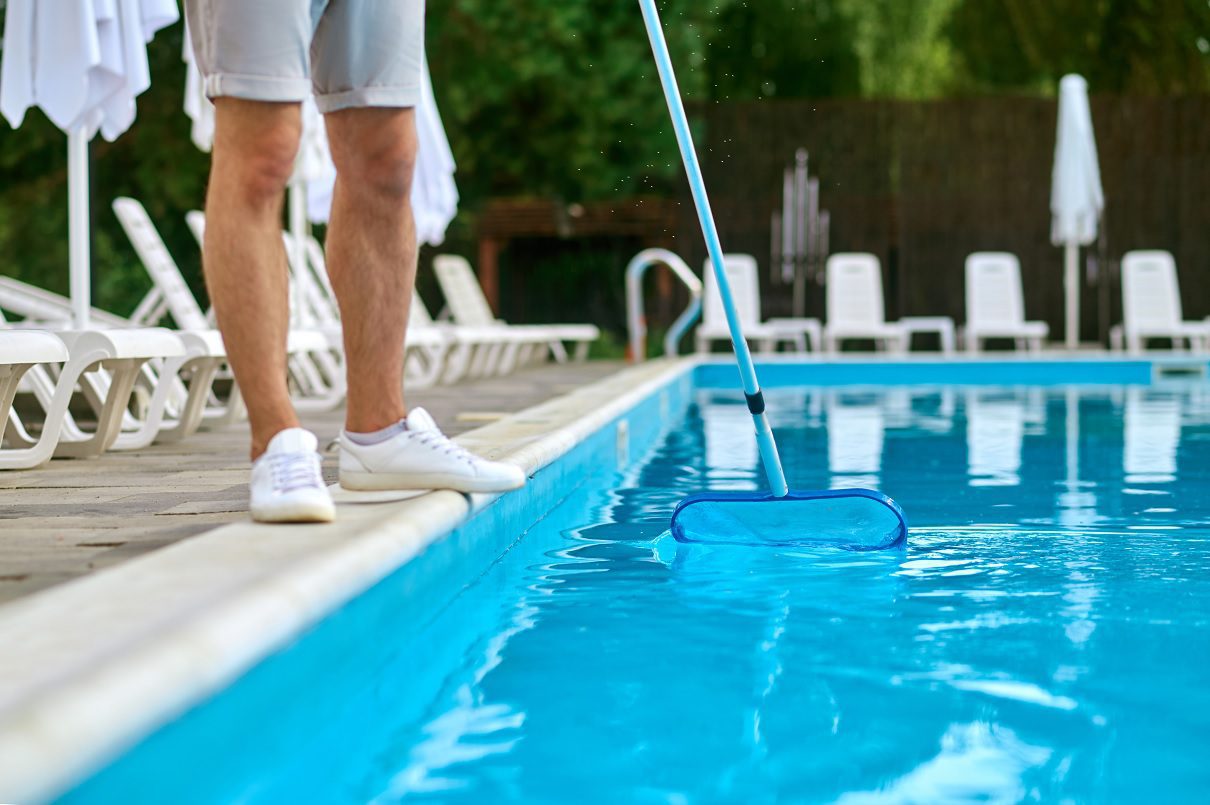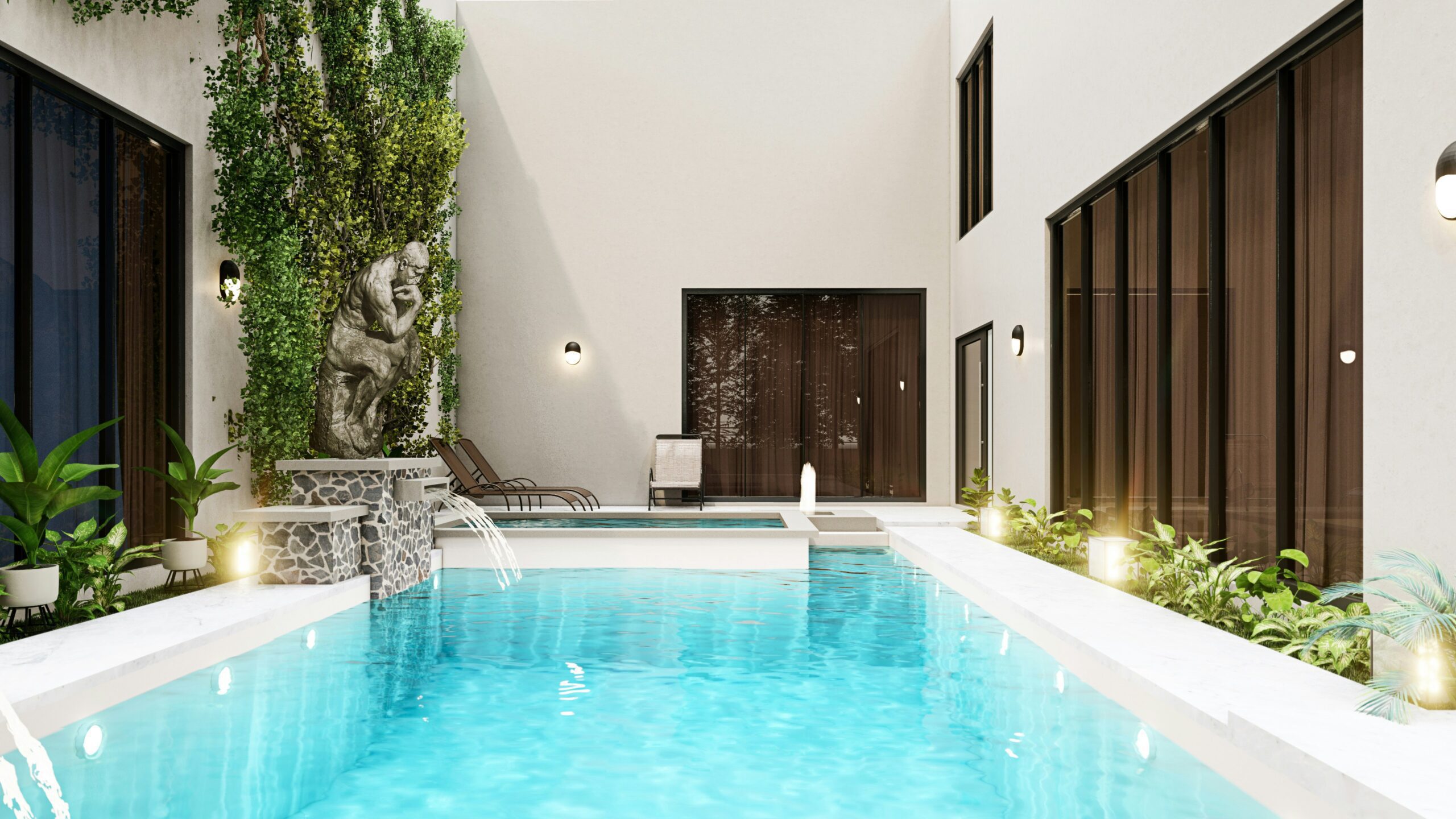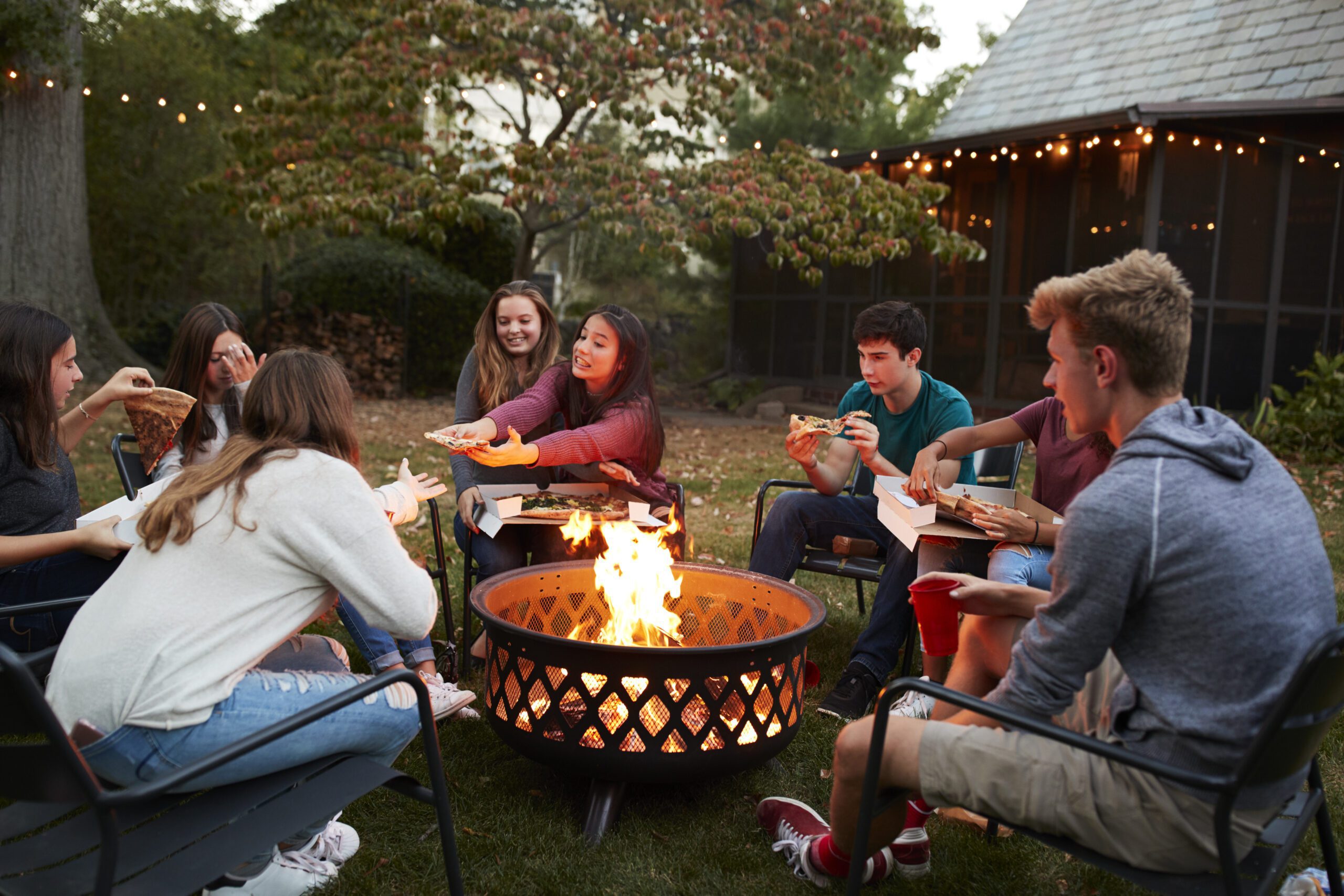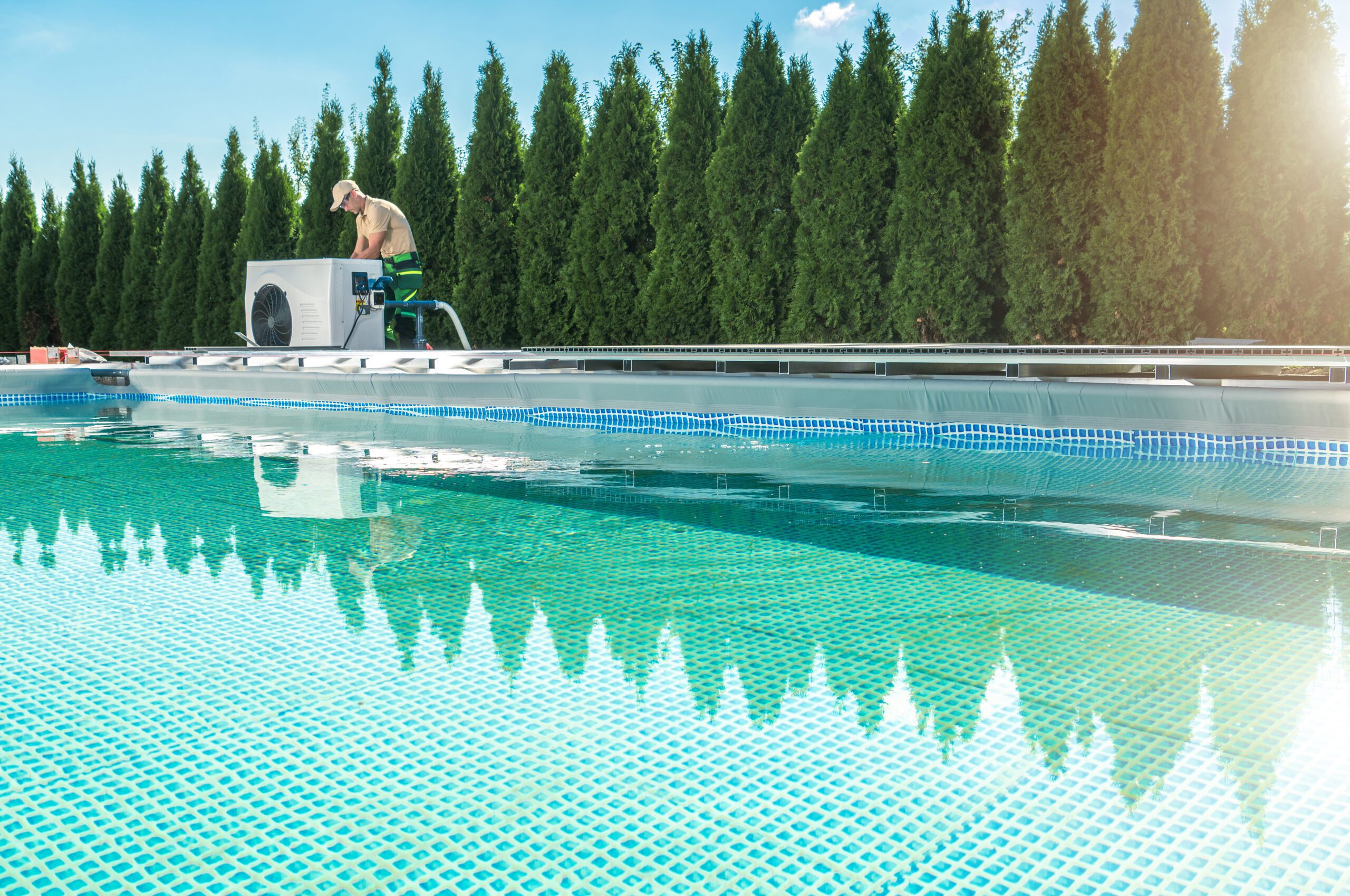A backyard swimming pool is a fantastic source of relaxation, entertainment, and exercise. While it brings immense joy and countless memories, it can also pose safety risks if proper measures aren’t taken. Prioritizing pool safety is crucial for protecting your family and guests, allowing everyone to confidently enjoy the many benefits of swimming without unnecessary worry or stress.
In this comprehensive guide, we will discuss the essential aspects of pool safety and provide practical tips to create a secure environment around your swimming pool. From pool barriers and covers to rescue equipment and water safety skills, learn the most effective ways to minimize risks and keep your loved ones safe in and around your backyard pool. As a regional destination for shoppers seeking the best values in backyard living, we offer an array of high-quality pool safety products and the expertise to guide you in your pursuit of a secure and enjoyable outdoor swimming experience.
1. Pool Barriers: Essential Protection for Your Backyard Oasis
Installing a pool barrier is a crucial safety measure to prevent unsupervised access to your swimming area. Pool barriers should be sturdy, durable, and designed to meet applicable safety standards. Here are some factors to consider when selecting and installing the right barrier for your pool:
– Types of Barriers: There are various types of pool barriers, including fences, walls, and safety nets. Fences constructed from materials like vinyl, wood, or aluminum are the most popular choice due to their ease of installation and customization options.
– Height and Access Points: According to the US Consumer Product Safety Commission (CPSC), pool barriers should be a minimum of 48 inches in height. Access points, such as gates or doorways, should be self-closing, self-latching, and include a lock to prevent unauthorized access.
– Climb-Resistant Design: Opt for barriers with minimal horizontal components to reduce the risk of a child climbing over the barrier. Additionally, ensure any gaps or openings in the barrier are too small for a young child to pass through.
2. Pool Covers and Alarms: Additional Security and Peace of Mind
Pool covers and alarms provide an extra layer of protection to reduce the risk of accidents in your outdoor swimming area. These devices offer added security while effectively complementing your primary pool barrier and safety measures.
– Pool Covers: Different types of pool covers include safety covers, winter covers, and solar covers. Safety covers are specifically designed to support the weight of a child or small adult, preventing them from falling into the water. Choose a cover that aligns with your safety requirements, budget, and seasonal use considerations.
– Pool Alarms: Alarms can alert you to unauthorized or unintended access by triggering an audible notification when someone enters the water. There are various pool alarms on the market, including door/window alarms, floating wave sensors, and underwater motion detectors. Assess your specific needs and explore the options available to find the most suitable alarm system.
3. Rescue Equipment and Safety Signage: Preparing for Emergencies
Despite taking every precaution, accidents can still happen. It is vital to have rescue equipment and proper safety signage in place for a quick response in the case of an emergency.
– Rescue Equipment: Maintain a well-stocked first aid kit, life preservers, and safety buoys near your pool to aid in any potential recovery efforts. A reaching pole, also known as a shepherd’s hook, is another essential piece of rescue equipment.
– Safety Signage: Post informative, visible signs around your pool area to educate guests about pool safety rules, water depth, and other potential hazards. This signage reminds guests to be cautious and informs them of essential safety procedures.
4. Water Safety Skills: Empowering Swimmers to Stay Safe
Equipping your family and friends with essential water safety skills can significantly reduce the possibility of accidents and foster a safer swimming environment. Encourage your loved ones to master these skills and practice them regularly.
– Swimming Lessons: Ensure that all family members know how to swim and can confidently perform basic swimming strokes, floats, and treading water techniques. Enroll children in swimming lessons as early as possible to instill lifelong water safety habits.
– CPR and First Aid: Learning CPR and first aid can be the difference between life and death during a water-related emergency. Ensure that at least one responsible adult in your household is trained and certified in these lifesaving skills.
– Buddy System: Always supervise children when they are in or near the pool, even if they know how to swim. Encourage the buddy system, where two or more swimmers agree to stay within sight and reach of one another at all times.
Conclusion
Investing in pool safety measures is vital for securing your outdoor swimming area and creating a worry-free environment for you, your family, and your guests. With the proper barriers, covers, alarms, equipment, and water safety skills, you can minimize risks and ensure everyone enjoys the many benefits of your backyard pool.
Ready to elevate your pool safety game? Visit Cincinnati Pool & Patio today and let our experienced, friendly team guide you through the process of selecting the perfect safety pool supplies in Cincinnati, Ohio, to suit your unique pool environment. Together, we will create a secure space for endless aquatic enjoyment.


